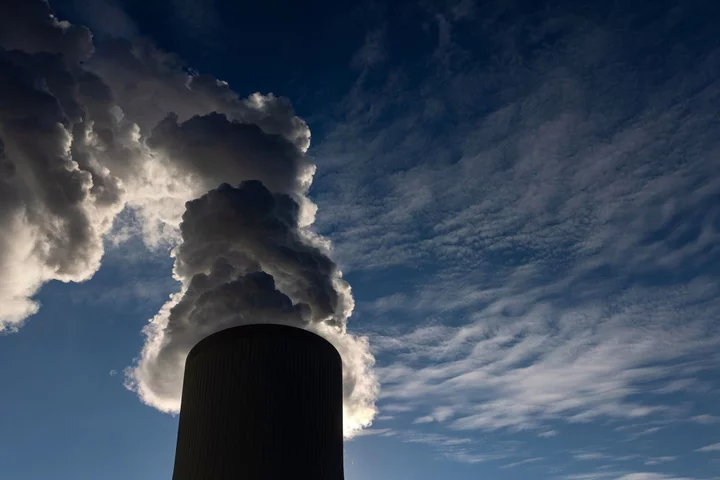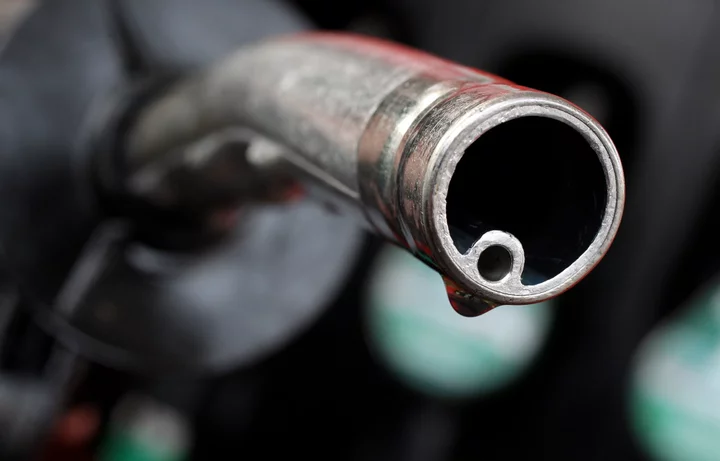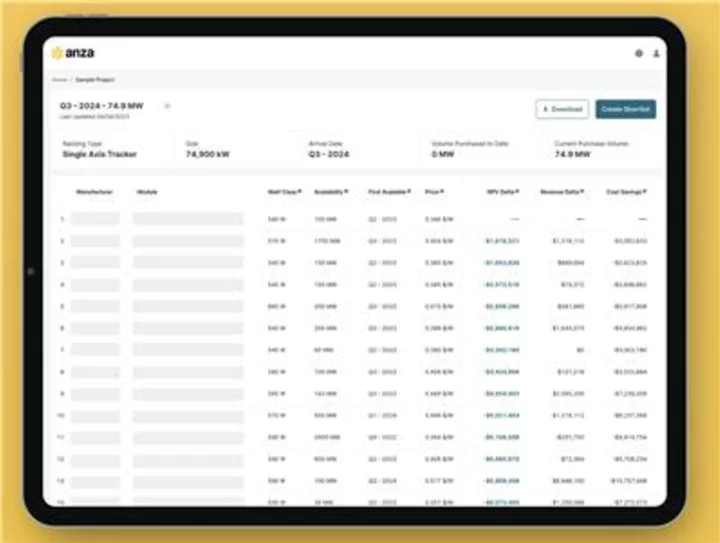The government of Singapore has defended its commitment to climate action following a decision by Van Lanschot Kempen NV to exclude the country from its portfolio, after it failed an updated ESG test used by the wealth manager to screen for environmental risks.
“While it is laudable that Kempen has incorporated sustainability considerations in its investment decisions, we invite Kempen to learn more of Singapore’s firm commitments and concrete actions on sustainability,” the National Climate Change Secretariat of Singapore, the Ministry of Sustainability and the Environment, the Ministry of Trade and Industry and the National Parks Board wrote in a joint statement.
Singapore is aware of “its disadvantages” with regard to access to renewable energy sources, but the country “is committed to decarbonizing its electricity generation,” they said. “We will do this through deploying solar energy, importing renewable energy, and potentially harnessing hydrogen.”
Kempen, which oversees about $130 billion of client assets from its base in the Netherlands, started applying its test to sovereign bonds and state-backed entities last year. The results mostly feed through to portfolio allocations for pension clients, but can also affect other customer groups, according to Nikesh Patel, senior executive at the firm. Kempen didn’t immediately respond to a request for comment.
To be sure, Kempen’s exclusion of Singapore assets hasn’t resulted in major divestments, as the wealth manager’s exposure to the country’s state-affiliated securities was “negligible,” Patel said in an interview published June 9.
Singapore is often held up as an economic success story and boasts a AAA credit grade from the major ratings agencies, a coveted status that the US and the UK haven’t been able to maintain. Singapore’s government has committed to net zero emissions by 2050.
An analysis by BloombergNEF indicates that Singapore’s reliance on renewables for its electricity fell to 2.68% in 2021 from 4.08% five years ago. BNEF also estimates the country has weaker power transition policies than its peers. By comparison, Germany gets more than 40% of its electricity from renewables and the US gets about 20%.
The city-state’s authorities said in response that Singapore’s share of renewable energy, which it defined as solar, has increased to 0.71% in 2021, from 0.17% in 2016. In comparison, BNEF’s methodology also includes waste-to-energy as a renewable source. Singapore’s WTE plants handle plastic waste which “may not be considered renewable,” the authorities said.
“Singapore’s share of renewables is lower than in many other countries because of its limited land area,” they said. “However, our share of coal, the most pollutive of fossil fuels, is only 1.2%, far lower than in many countries.”
Singapore is on track to quadruple its solar panel deployment from 2021 and reach a targeted solar energy share of 3% by 2030, the group said.









